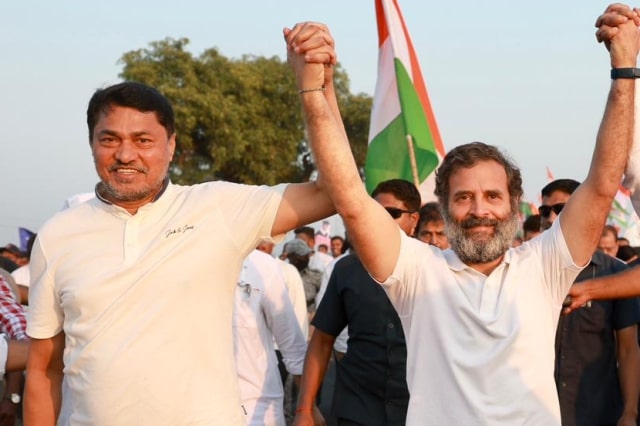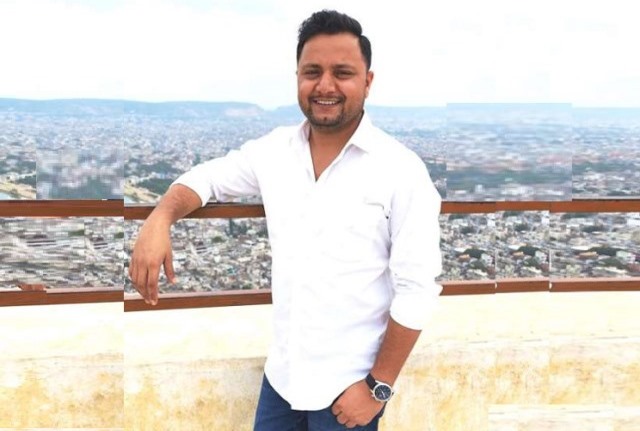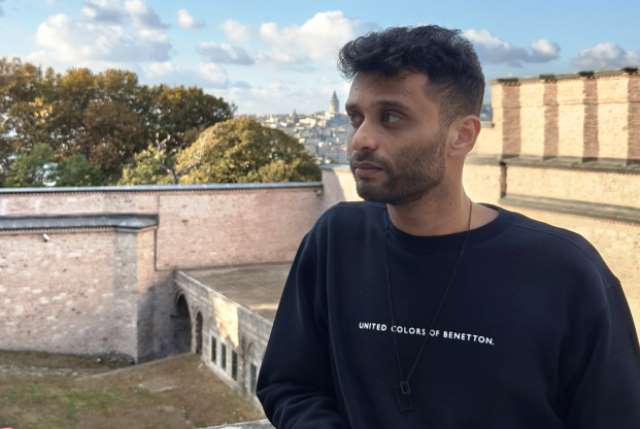The upshot of the Congress Working Committee (CWC) assembly convened to talk about the ballot debacle in Maharashtra has been the choice to set up inside panels to study problems associated with electoral performance. According to the All India Congress Committee (AICC) usual secretary in cost of the celebration organization, who addressed the media after the CWC meeting, “The CWC has determined to represent inside committees to appear into things associated to electoral overall performance and organizational troubles at the block and district levels.
Venugopal, extensively considered as Rahul Gandhi’s eyes and ears and a man for all seasons, would be conscious that a comparable announcement used to be made when the Congress misplaced Rajasthan and Chhattisgarh and carried out miserably in Madhya Pradesh in December 2023. Poll debacle panels headed using senior Congress leaders, such as Manish Tewari and Prithviraj Chavan, had traveled to Bhopal, Raipur, and Jaipur to talk with quite a few birthday celebration candidates to become aware of the motives for the defeats.
Venugopal did now not remark on the truth that these reports, submitted between December 2023 and January 2024, have but to be mentioned by way of the Congress Working Committee. Nor has any follow-up motion been taken.
Next, AICC chief Mallikarjun Kharge, Rahul Gandhi, and Venugopal stuffed several different panels with leaders like Ashok Gehlot, Bhupesh Baghel, T.S. Singh Deo, Sachin Pilot, Ajay Maken, and others for Haryana and Maharashtra, except addressing accountability for the party’s defeats in Rajasthan and Chhattisgarh.
Committee raj inside the Congress has been a handy quick-fix answer for decades. In May 2022, Sonia Gandhi, who was then the party’s intervening time as president, installed a high-profile Empowered Action Group (EAG) to handle the grand ancient party’s political challenges beforehand for the 2024 elections. However, there is no file of the EAG protecting deliberations between 2022 and 2024, nor of it formulating an approach for the 18th Lok Sabha polls.
In April 2020, Sonia Gandhi additionally appointed an 11-member consultative crew to boost the party’s views on more than a few current issues. This committee, which blanketed Manmohan Singh, P. Chidambaram, Manish Tewari, Jairam Ramesh, Randeep Singh Surjewala, Praveen Chakravarty, Gaurav Vallabh (now in the BJP), Supriya Shrinate, and Rohan Gupta (now in the BJP), seldom met or took action.
In September 2020, Sonia Gandhi, whilst carrying out a fundamental organizational reshuffle, fashioned a six-member one-of-a-kind committee to help her with organizational and operational matters. The participants protected A.K. Antony, Ahmed Patel (now deceased), Ambika Soni, K.C. Venugopal, Mukul Wasnik, and Randeep Singh Surjewala. Instead of appointing a substitute for Ahmed Patel, the committee grew to be defunct.
Twelve months later, in 2023, another panel was formed, ostensibly to tackle problems such as inflation and unemployment and to arrange ‘sustained agitations.’ The nine-member panel protected Digvijaya Singh, Priyanka Gandhi, Uttam Kumar Reddy, B.K. Hariprasad, Udit Raj, Ripun Bora, Manish Chathrath, Ragini Nayak, and Zubair Khan. Ripun Bora has defected to the Trinamool Congress.
Kharge, Sonia, and Rahul Gandhi are additionally in possession of various reviews gathering dirt at 24, Akbar Road. These consist of the document on organizational polls via Ram Niwas Mirdha, Manmohan Singh’s record on birthday celebration funds, the P.A. Sangma and Sam Pitroda file on modernizing the organization, and Pranab Mukherjee’s document on organizational affairs. The listing additionally encompasses archives organized through the AICC’s Department of Policy and Planning (DIPCO) and the Future Challenges Group, which covered Rahul Gandhi as a member. Additionally, there are three reviews submitted using A.K. Antony on several ballot debacles between 2014 and 2019.
In a nutshell, nearly all of these panels and committees have endorsed sweeping modifications to the organization, however, intrinsic compulsions have so a long way avoided any concrete action.
For instance, each Mirdha and Antony emphasized the want for “democratic” organizational elections after gazing that the birthday party polled fewer votes in many states the place where the wide variety of predominant individuals was once higher. This was once specifically real for the Congress in Tamil Nadu, Andhra Pradesh, Odisha, and a few different states.
In July 2007, a celebration panel headed by then-foreign minister Pranab Mukherjee proposed scrapping Congress committees at the block, city, and district levels, suggesting their alternative with devices at polling cubicles and Assembly and parliamentary constituencies. The purpose used to be to make the Congress extra “election-friendly” and to dispose of conflicts between district Congress committees and ballot candidates. However, the management is nonetheless contemplating the execs and cons of this suggestion.
Like Antony, Mukherjee also insisted on deciding on Assembly and parliamentary candidates at least six months earlier than voting. Yet, subsequent elections, which include several country Assembly polls and 4 Lok Sabha elections in 2009, 2014, 2019, and 2024, exhibit no proof of this suggestion being implemented.
On November 28, 2024, seventeen years later, Kharge at the CWC harped on the identical theme that Mukherjee, Antony, and Digvijaya had referred to in 2007. “The latest election effects additionally point out that we have to begin our election preparations in the states at least 12 months in advance. Our groups need to be existing on time in the field. The first element we need to do is to test the voter lists so that our supporters’ votes continue to be in the listing beneath all circumstances…,” Kharge stated.
“Plus ça change, plus c’est la même chose“—the more the things change, the more they continue to be the same—was a well-known quote using French creator Jean-Baptiste Alphonse Karr in 1849.
(The writer is an Indian technocrat, political analyst, and author. The views expressed in the article are his own. His social media handle is @prosenjitnth)


